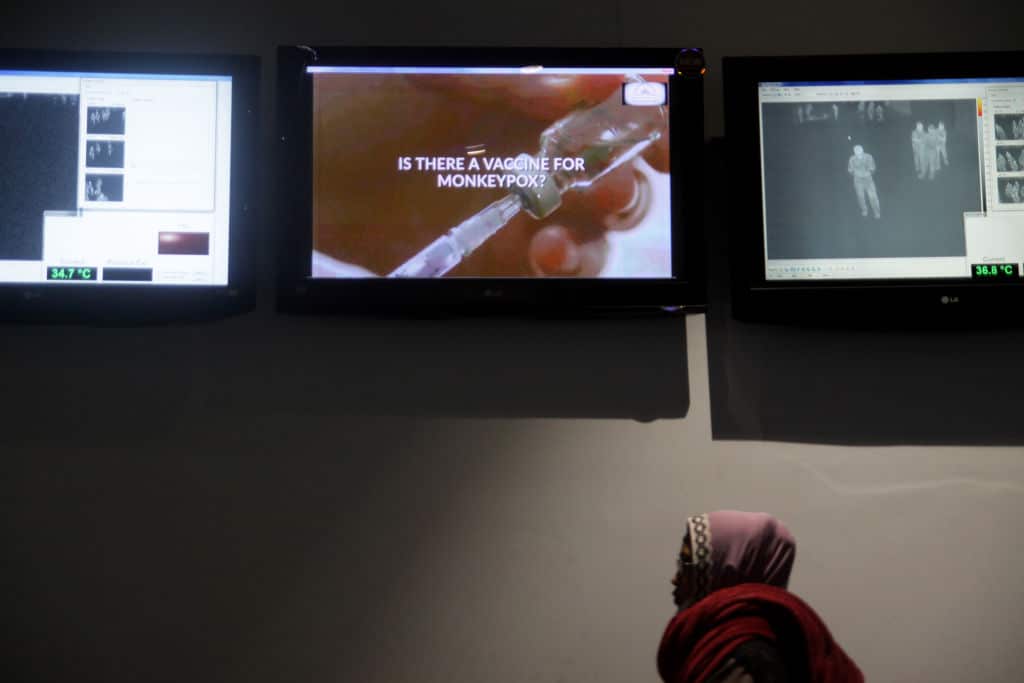Topline
This week, the National Institute for Communicable Diseases (NICD) confirmed that there are currently no monkeypox cases in South Africa. As of May 23, the institute further confirmed that 15 countries have collectively reported more than 140 cases, none of which are African countries.
Key Facts
- The monkeypox outbreak was reported by the World Health Organization (WHO) on May 13. According to WHO, epidemiological investigations are ongoing, however, reported cases thus far have no established travel links to endemic areas.
- A double-stranded DNA virus causes the disease in humans and other animals.
- NCID states that the first case in the current outbreak was a traveler who returned in early May to the United Kingdom from Nigeria, “a monkeypox endemic area”.
- “Clinicians confirmed that the patient had monkeypox three days later. Investigations have been unable to link that case to any of the other cases detected to date, suggesting that there have been multiple introductions of the virus into the United Kingdom and other countries, with cases potentially having gone undetected till now,” NCID stated in a statement.
- Furthermore, the NCID have said that a preliminary genome sequence from a confirmed Portuguese case indicates that the virus is the “West African strain” and is most closely related to viruses associated with the exportation of monkeypox from Nigeria to the United Kingdom, Israel, and Singapore during 2018-2019.
- “The implications for South Africa are that the risk of importation of monkeypox is a reality as lessons learnt from COVID-19 have illustrated that outbreaks in another part of the world can fast become a global concern,” says NICD Executive Director, Prof Adrian Puren.
- Puren further reiterated that WHO has not recommended any travel restrictions and is working with the affected countries to limit transmission and determine sources of exposure.
- He adds that for any persons entering South Africa, any illness during travel or upon return from an endemic area should be reported to a healthcare professional, including information about all recent travel, immunisation history and contact with any known cases.
- “The situation is evolving and WHO expects there will be more cases of monkeypox identified as surveillance expands in non-endemic countries,” WHO said in a statement. “Immediate actions focus on informing those who may be most at risk for monkeypox infection with accurate information, in order to stop further spread.”
Risk of spread?
According to WHO, reported cases thus far have no established travel links to an endemic area. Based on currently available information, cases have mainly but not exclusively been “identified amongst men who have sex with men (MSM) seeking care in primary care and sexual health clinics”.
“The identification of confirmed and suspected cases of monkeypox with no direct travel links to an endemic area represents a highly unusual event. Surveillance to date in non-endemic areas has been limited, but is now expanding,” WHO said in a statement.
WHO further states that the monkeypox-endemic countries are: Benin, Cameroon, the Central African Republic, the Democratic Republic of the Congo, Gabon, Ghana (identified in animals only), Ivory Coast, Liberia, Nigeria, the Republic of the Congo, Sierra Leone, and South Sudan.
